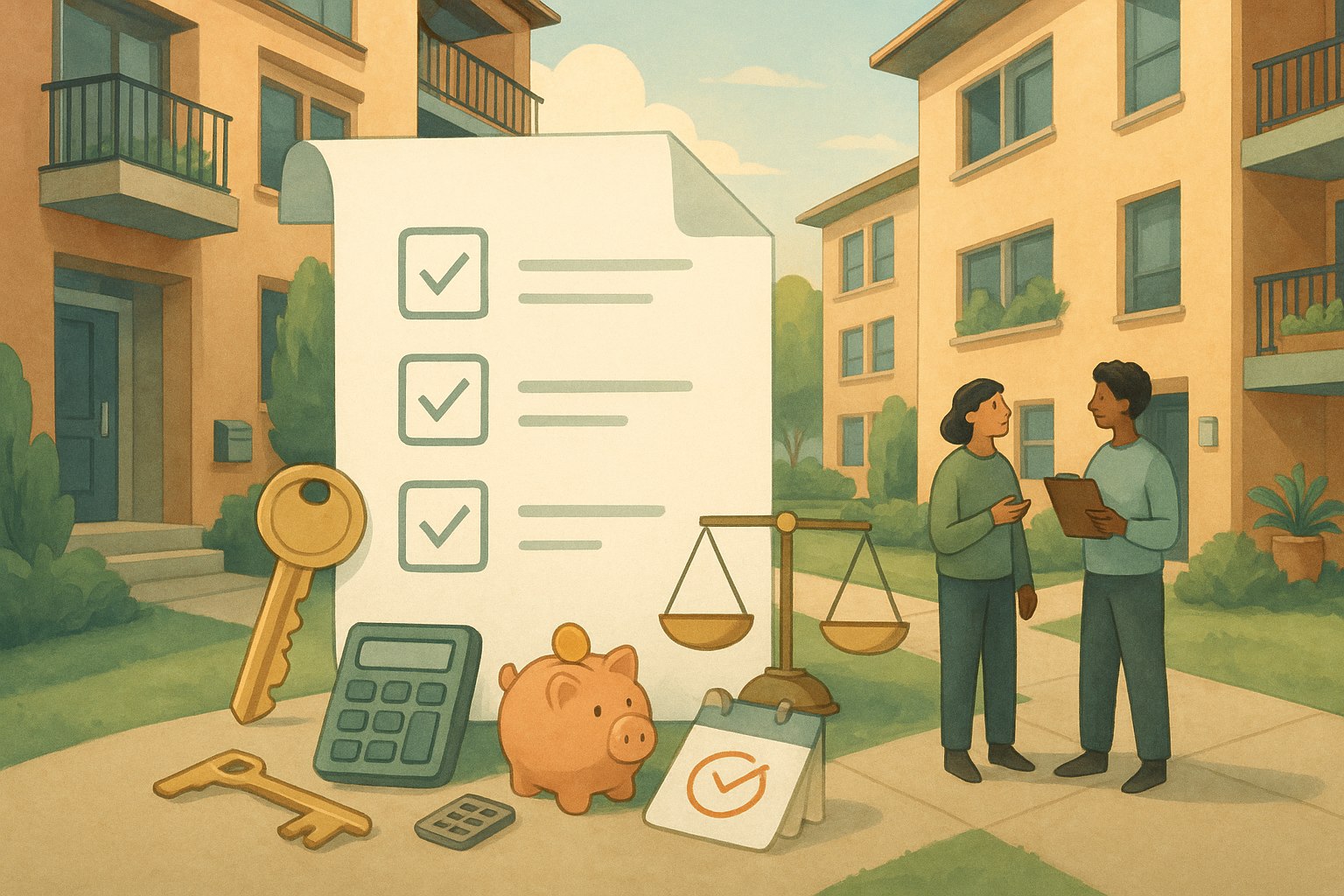Who? Me?
by Jessica S. Weisman, Managing Partner of Client Education| Kimball, Tirey & St. John LLP

Many landlords often make the mistake of thinking that they do not need to worry about being up to date when it comes to fair housing law. “I’m an individual landlord” “I run a small operation” “I’m not a big fish” are common misconceptions. Regardless of property/company size, any landlord can find themselves on the wrong end of a fair housing claim and/or lawsuit.
A review of DFEH’s press releases in 2016 indicates that DFEH settled fair housing related claims against a variety of landlord related entities including but not limited to management companies, landlords owning multiple properties, homeowner’s associations, and individual owners.
When it comes to fair housing violations, anyone who is alleged to have committed the discriminatory act can be the subject of a complaint or lawsuit. This includes management and ownership entities, as well as individuals, such as onsite management employees, maintenance personnel, real estate agents and brokers, and owners. In 2016, HUD updated the Code of Federal Regulations to clarify who may be liable for discriminatory housing practices by providing definitions of direct liability and vicarious liability. Under these definitions, a person (or company) can be responsible not only for their own actions, but for the actions of others over whom they have control (such as an employee/supervisor). This can includes anyone in authority who has control over the alleged perpetrator.
Whether you are a large corporation or an individual owner, here are some pro-active steps you can take to raise your fair housing awareness (and hopefully decrease your potential liability).
Educate Yourself (and Others): Fair housing training can reduce your risk of discrimination claims. You can never learn too much about fair housing. Make it a point to learn as much as you can, to attend live or on-line trainings on an annual basis, and to establish a fair housing library of current reference information. If you supervise and/or are responsible for the conduct of others on your property (such as management staff or maintenance personnel) make sure they receive fair housing training.
Post Fair Housing Posters: Federal fair housing law requires that every property of four or more units have a federal fair housing poster, at least 11 x 14 inches in size, displayed in a conspicuous location. It should be displayed in the rental office or place of business where it will be seen by applicants when they apply for an apartment or by residents who come to do business in the office. The California Fair Housing poster is available at the website of the Department of Fair Employment and Housing (www.dfeh.ca.gov). While the California Fair Housing Poster is not required by law to be posted, voluntary display can demonstrate the owner’s or management company’s intention to abide by fair housing laws.
Establish Policies: No matter the size of your operation, it is important to establish legally appropriate written policies. Have your policies reviewed before putting them into place and periodically thereafter to ensure compliance with fair housing laws. Train your staff to enforce your policies consistently.
Document, Document, Document: The importance of good documentation cannot be overstated when it comes to fair housing. It may be the only thing protecting you from a huge settlement, fine or award in a discrimination case. Just ask anyone who has been through a fair housing investigation.
Get Legal Advice: If you suspect you may have a potential fair housing situation or find yourself in the middle of one, immediately contact an attorney who specializes in fair housing. Sometimes there may be no clear guidance in an unusual case—no specific language in the law or known administrative interpretations and no relevant court decisions that apply. That’s when it is critical to draw on the experience of your fair housing advisors.
While there is nothing that can guarantee you will not be named in a fair housing investigation, claim, or lawsuit, taking pro-active fair housing measures, such as those mentioned above, can help limit exposure (and liability) for yourself, your company, and you
Kimball, Tirey and St. John LLP is a full service real estate law firm representing residential and commercial property owners and managers. This article is for general information purposes only. Laws may have changed since this article was published. Before acting, be sure to receive independent legal advice. For information about our services, please visit our website: www.kts-law.com.
© 2017 Kimball, Tirey and St. John LLP







